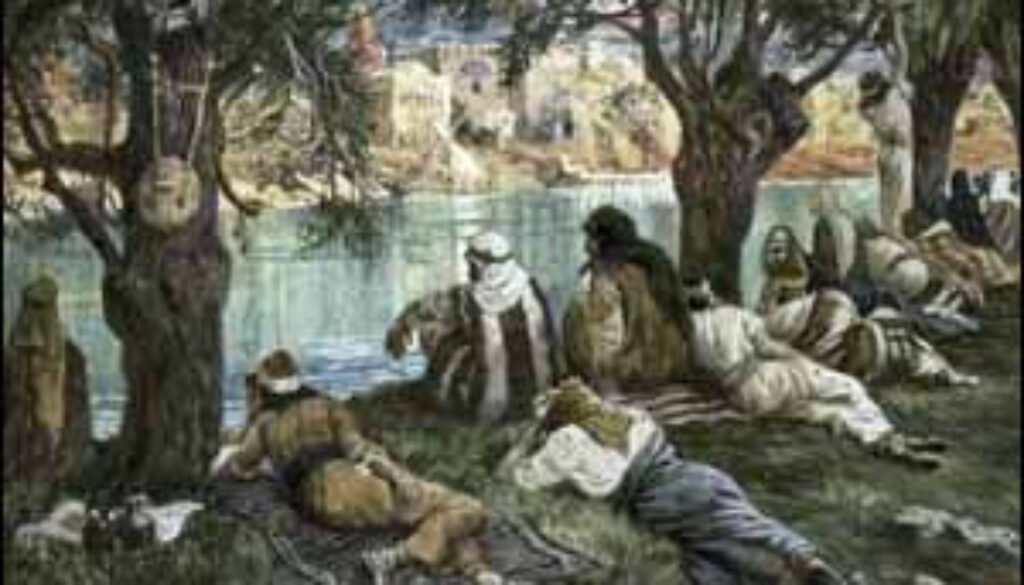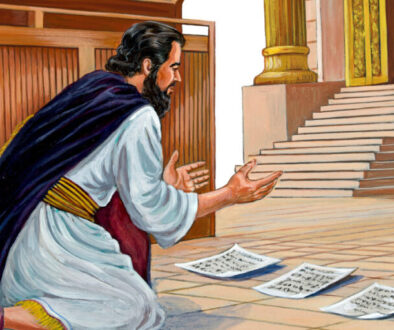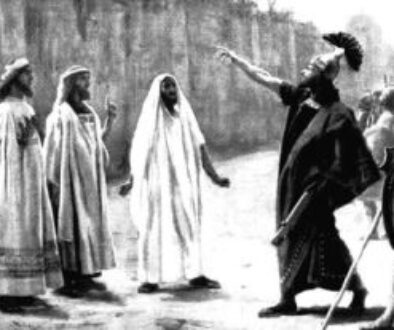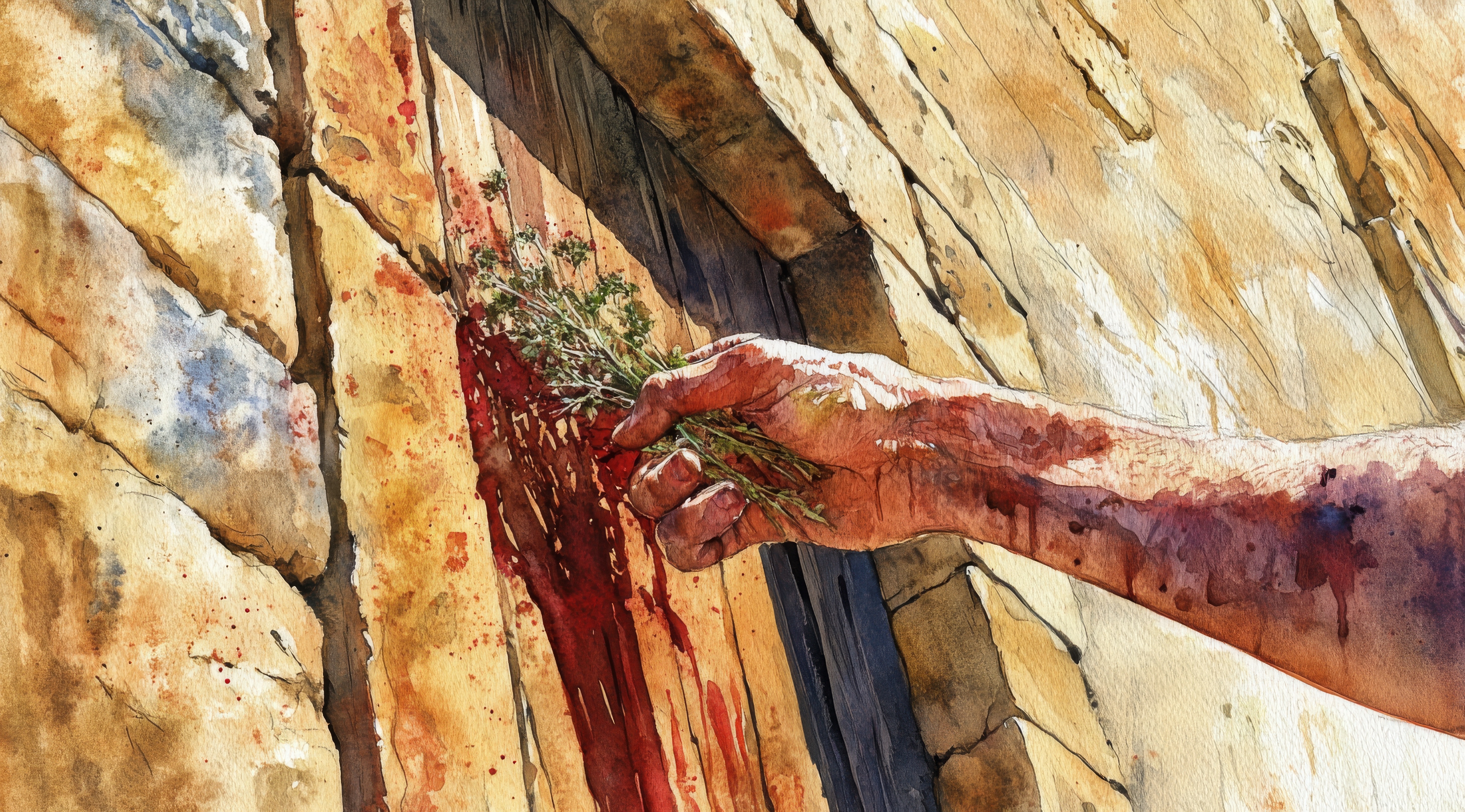Ezra 2:1-70 Returnees
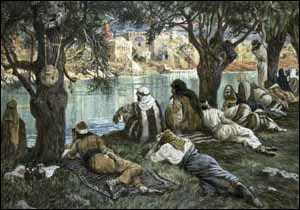
Cyrus has let the people of Judah go. He didn’t need the convincing Pharaoh of Egypt did. We see the number of returnees given today.
I’m curious about a few of things in our reading. The first is how they maintained the genealogies while in captivity and why. The second is why some groups were given numbers while others weren’t. The third is if women and children were counted into these numbers. The last is which tribe all of these people mentioned came from. Something else that I noticed is how the Levites especially maintained their ‘roles’ even after 70 years of captivity. Let’s take these one at a time.
Thinking over the length of captivity there was probably no more than two generations who needed to be kept track of. But somewhere someone had scrolls that recorded the genealogy of all the nation otherwise there wouldn’t have been an excluded portion. Is it possible that the scrolls got damaged and that is why the one group of priest were unable to be verified in the genealogy? Maybe the genealogy was an oral recitation and these men’s names were not among them. How would one prove their genealogy in the first place? I like the fact that they were willing to bring the matter of proof to the Lord with the Urim and Thummim. God would certainly know the truth in the matters
The questioning of numbering some groups is our next point to touch on. Looking at the first group of numbers I notice that there are only four families listed that have less than 100 people in their group. The smallest group has 42 male members. Besides these four, the rest of the men have three and sometimes four digit numbers to represent their families. The priests’ numbers are the same way. With the Levites is where the individual numbers start to be left off. I have a feeling that it has to do with the extremely small numbers that would have been generated otherwise. The ‘gatekeepers’ list includes six names and a total sum of 139. These must have been small households. This same reasoning holds true for the Temple servants and Solomon’s servants. There was a total of 392 to split between a whole LOT of names!
The next question is that of whether the women and children were included in these numbers. I’m going to say probably not. Nowhere, in all the wanderings of Israel do we see women and children included. God told them to count the “men” twenty and older. He also told the Levites to count the male children but never women or daughters. As a woman, I don’t appreciate being overlooked. But this was the practices of the times.
The last question MIGHT be answered with an extensive Google search on each name. I’m not that brave today. Because Ezra deals with the kingdom of Judah I’m betting that these names come from the tribes of Judah and Benjamin. The tribe of Levi is also most assuredly in this group of returnees. They are the only ones who are identified by larger tribe for us. The Levites had all left the northern kingdom of Israel fairly early on. It was Jeroboam who drove them out because of the false gods he set up. He would not let them be priests to the Lord so they went to where the Lord was still worshiped; Judah and Jerusalem. So really there are nine tribes that are ‘lost’ as Ephraim and Manasseh make up the tribe of Joseph.
The point of the Levites and their roles is the last on my list set out earlier. I suppose it ties closely with the first question of genealogy. Seventy years of captivity sounds like an eternity, but it was feasibly only one or two generations. The roles the Levites were given were passed down through the assigned clans. I imagine one would be very proud to be a singer or a gatekeeper or a priest. It would be something that you would tell your children and children’s children about their whole life. “The Lord God of Israel has appointed us as keepers of the northern gate. It is a position of honor among the people and a solemn duty.” They would probably do all they could to instill this sense of purpose, especially to children who were born into captivity. They needed something to hold onto. They probably also clung to the promise in the words of Jeremiah; seventy years before being brought back to the land.
The total number of those who returned to the land in this first wave falls in the middle range of any one single tribe in the first census taken before Israel entered the Promised Land. Israel has a LONG way to regrow before the days of Jesus.
As I was thinking on this the concept of pruning came flooding to my mind. God speaks of pruning as something He does with His people. This was a severe pruning. My mother in law does this with her roses every winter. Her rose bushes aren’t huge but they get full during spring and summer. When she prunes them she is careful to stay above the graft that makes them special and gives them their unique smell and coloring. But she makes sure to cut out all the damaged or dead branches that would interfere with their growth the next year. This is exactly what God did with Israel. He cut out all the diseased wood and took it back to the place just above the ‘graft.’ He didn’t take them all the way back down to a single person. He brought them back healthy and ready to regrow.
God prunes us too. He is careful to maintain our unique qualities He authored in us. Sometimes that pruning can be severe but it is only when we have ‘severe disease’ that has to be cut out to preserve our life. Pruning hurts but it is important for good health and growth.
Father God, thank You for caring enough about me to prune me as I grow. I’m sorry for the times I forced Your hand into doing a severe job through my rebellion. I have no idea how many more times I will go through this process but I’m convinced it will be at least more than once. I give myself into Your hands for whatever work You have for my life.
Thank You Holy Spirit for speaking into my life this morning. I had no idea where You would take me but I trusted You to know what I needed.

